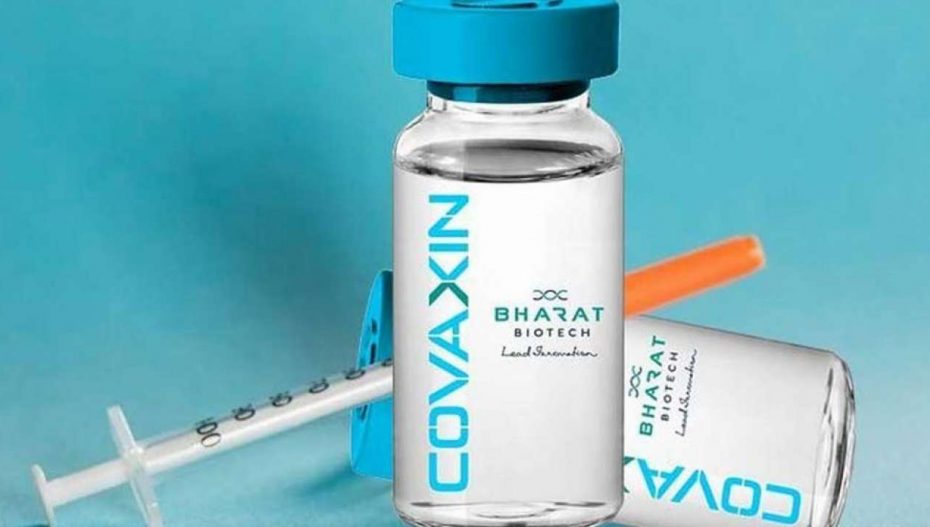The clearance for using Covaxin on children won’t take much time, World Health Organization (WHO) chief scientist Dr Soumya Swaminathan reportedly stated after the Bharat Biotech-manufactured vaccine’s Emergency Use Listing.
WHO’s Emergency Use Listing is a risk-based method for evaluating and posting new, or unlicensed items that can be utilized during Health crises.
The Global health organisation has given a nod, which implies that the made-in-India vaccine (Covaxin) will be perceived by different nations, Indian citizens who have already taken its shot need not opt for a self-quarantine or go through restrictions when travelling abroad.
Dr Swaminathan explained that Covaxin, in no way, shape or form, took the longest to get WHO’s approval. Her reaction comes as a counter to the analysis which stated that the global health body had cleared different vaccines, also incorporating those produced in China.
Dr Swaminathan stated that on average, the approval takes up to 50 to 60 days but in some cases, it takes upto 165 days. Notably, the China-made Sinopharm and Sinovac vaccines took between 150-165 days to get approval, she added. “Covaxin is somewhere in the middle, it took somewhere between 90 and 100 days,” Dr Soumya Swaminathan said. She also stated that the WHO panel tasked with clearing vaccines for Emergency Use Listing met over Covaxin last week and asked for additional clarifications. “The committee met again today and were very satisfied,” she said, adding that there are other 13 vaccines that are still waiting for the nod.
In answer to a query related to whether the vaccine is completely safe for pregnant women and the vaccine’s possible impact on children and new-born, she replied that more data is needed to reach that conclusion. “What we do know so far is that a lot of pregnant women in India have taken the Covaxin vaccine and we are awaiting the data,” she answered.
Regarding the query of the vaccine getting approval for use in children, she said, “In this case, it (the approval) should be much faster. But again, it depends on the data.”
She also threw some light on travel norms related to the vaccine. “It has very significant implications. Many countries accept WHO Emergency Use Listed vaccines because it’s a stamp of safety, efficacy and quality.”













